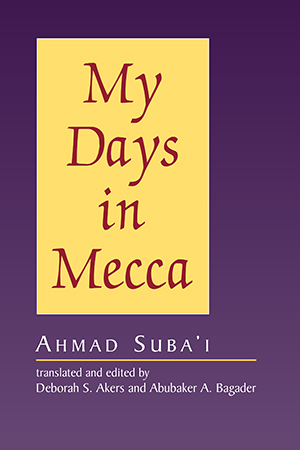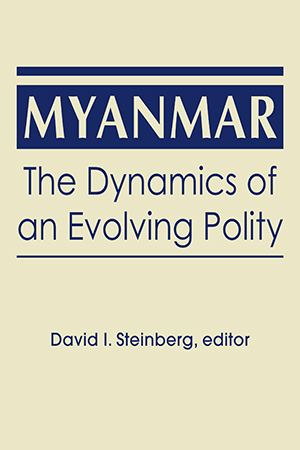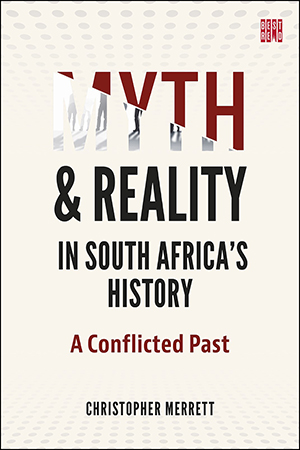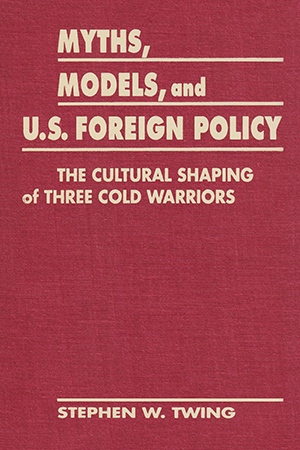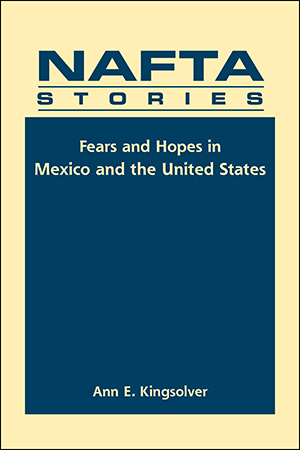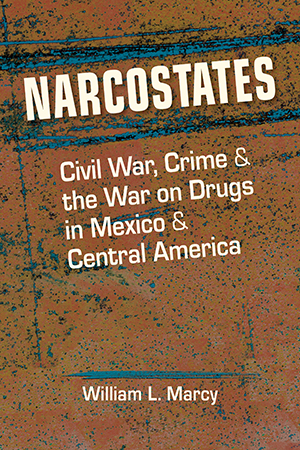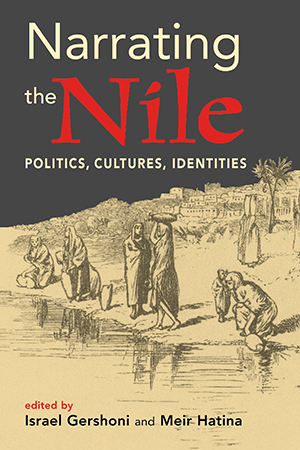BOOKS
Ahmad Suba'i's autobiography is the story not only of an Arab boy growing up in Saudi Arabia at the turn of the twentieth century—to become a noted writer, educator, and social More >
A weary-looking man stands at an intersection, backpack at his feet. Curled up nearby is a mixed-breed dog, unfazed by the passing traffic. The man holds a sign that reads, "Two old More >
These memoirs of the distinguished Iraqi statesman Tawfiq al-Suwaydi (1892-1968) evocatively recapture a now largely vanished Arab world—and are an eloquent reminder that Iraq was once More >
What issues will Myanmar need to address as it moves beyond the immediate complexities of a transition from an authoritarian state to a more pluralistic polity? How will the new government More >
Christopher Merrett seeks to challenge a monochromatic version of South Africa's history. Toward that end, he has collected some three decades of newspaper opinion pieces and feature More >
In what ways does national culture influence the direction of U.S. foreign policy? What are the mechanisms through which culture shapes policy outcomes? Stephen Twing’s thoughtful More >
Ann Kingsolver presents stories people have told about NAFTA—young people and old, urban and rural, with differing political perspectives, occupations, and other markers of More >
Assembled in this volume are the Arabic and English texts of the three long poems that make up Hawi's Bayadir al-ju [The Threshing Floors of Hunger], The Cave, The Genie of the Beach, and More >
How did Mexico and Central America become a lawless corridor for conveying narcotics into the United States? How did the drug cartels rise to power, succeeding in institutionalizing the More >
The authors of Narrating The Nile seek to encourage the study of Egypt, Sudan, and Ethiopia not only as autonomous entities, but also as part of the Nile region, a shared theater of More >



